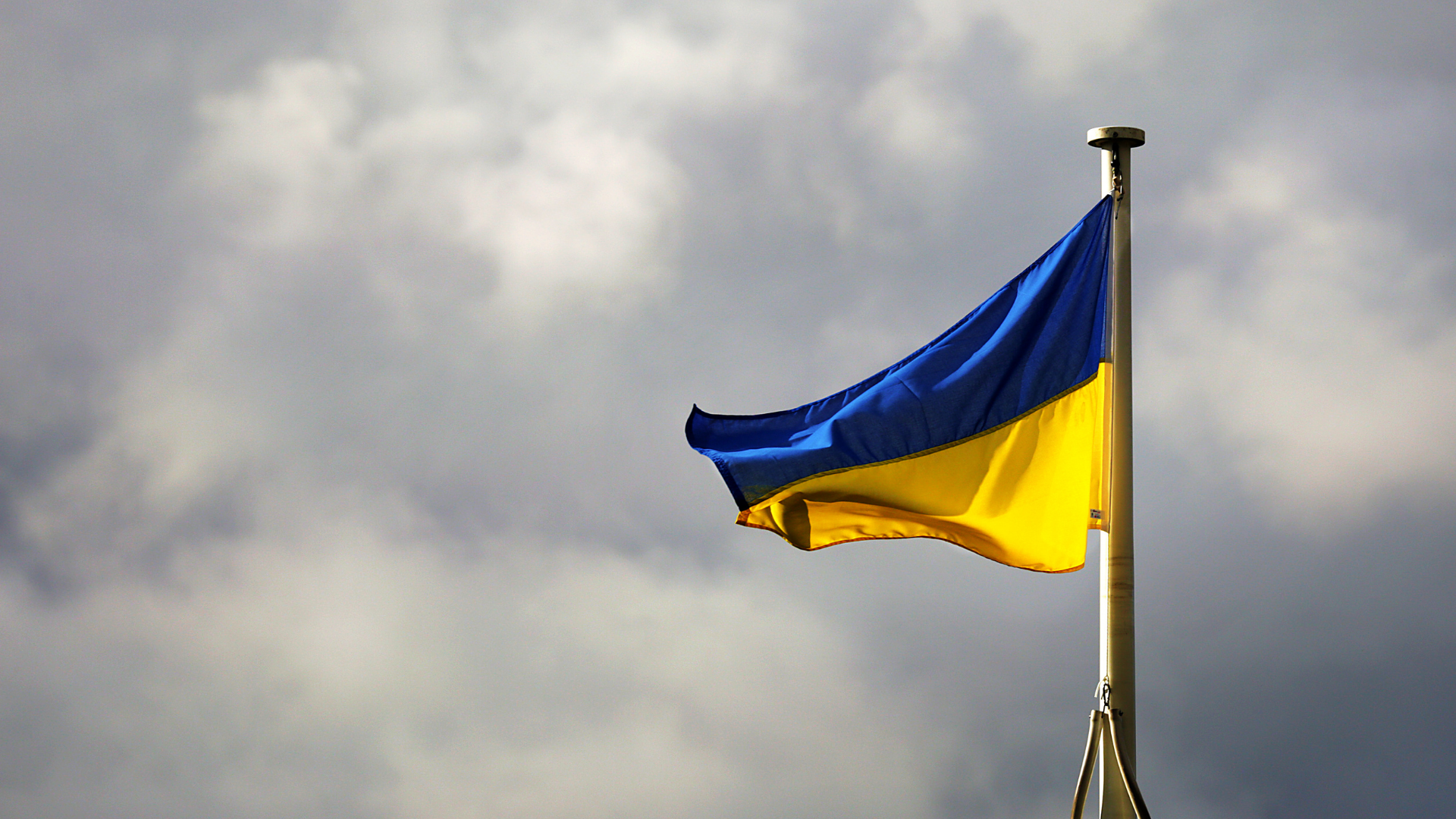
Russia's war against Ukraine has targeted not only the Ukrainian troops but every citizen of Ukraine. In this sense, digital technologies have become some of the most critical war tools as, their access to almost every home extends the offensive to millions of ordinary citizens in Ukraine and abroad. Despite Russia's enormous propaganda machine consisting of state-controlled media outlets, Ukraine is successfully countering the digital attack, considering Ukraine's internal unity and the wide support towards Ukrainians worldwide, Russia is falling behind on the digital front. However, it would be wrong to say that Russia completely failed on the informational battlefield as it succeeded in spreading its propaganda among certain groups of people, the older generation being one of the social groups most vulnerable to the Russian propaganda.
In my country, Armenia, the proportion of people sympathetic to Russia is much higher among older generations than those born after the Soviet Union. That is not unique to Armenia, as most other post-Soviet countries are similar. Born and raised in the Soviet Union, many older citizens were exposed to the Russian state propaganda from an early age and still consider the Russian state media a trustworthy source of information. On the other hand, they tend to be skeptical about information sources popular among the younger generation, such as YouTube, TikTok, Instagram, etc. The mentioned platforms have been very useful in raising awareness among the younger generation, so why don't they work with the older generation? The problem is not in the platforms themselves but how information is presented through them. The influencers and media campaigns widely accepted by the youth were dismissed by the elders because of their unfamiliarity. Instead, older users tend to readily accept more marginal opinions on the same platforms, which have been made by familiar voices. To more effectively communicate with the older generation, information must be presented to them in a more familiar manner. That may include presenting the truth through people with high authority in certain focus groups, using a type of language more appealing to them, and educating them on the new information sources. That may considerably change their attitude towards the issue as they won't feel like being left out. After all, many people are not sympathetic towards Ukraine, not because they firmly believe it is on the wrong side, but because they don't feel they share values with the people supporting it. Finding a dialogue with these groups of people will persuade them that they share common values with those against the war, which will further solidify the alignment against Russia's aggression.